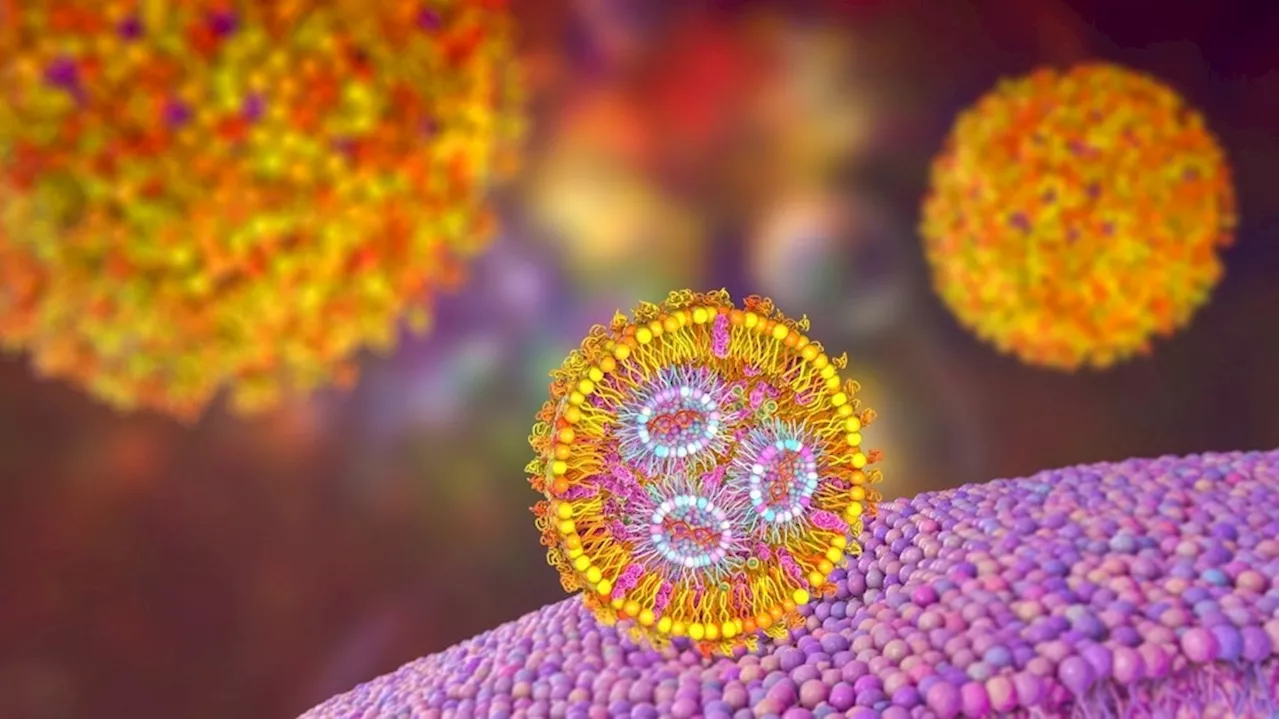Researchers combined mass spectrometry-based proteomic phenotyping with machine learning to identify blood biomarkers in early Parkinson's disease.
By Pooja Toshniwal PahariaReviewed by Danielle Ellis, B.Sc.Jun 20 2024 In a recent study published in Nature Communications, researchers combined mass spectrometry -based proteomic phenotyping with machine learning to identify blood biomarkers in early Parkinson's disease .
About the study In the present study, researchers developed a targeted multiplexed proteomic mass spectrometry assay to identify individuals at risk of Parkinson's disease. In Phase II, the researchers created a validated, high-throughput, multiplexed mass spectrometric targeted proteomic assay based on the putative biomarkers revealed during the discovery phase. In this phase, they also found significant protein differences between HC and de novo PD , OND, and prodromal isolated REM sleep behavior disorder groups.
Assay Central Nervous System Dopaminergic Heat Machine Learning Mass Spectrometry Molecule Nervous System Parkinson's Disease Protein Protein Expression Proteomics Serine Sleep Spectrometry Stress
Deutschland Neuesten Nachrichten, Deutschland Schlagzeilen
Similar News:Sie können auch ähnliche Nachrichten wie diese lesen, die wir aus anderen Nachrichtenquellen gesammelt haben.
 Harnessing complement proteins: Transforming the landscape of immunotherapyThis product profile highlights the transformative potential of complement proteins in immunotherapy.
Harnessing complement proteins: Transforming the landscape of immunotherapyThis product profile highlights the transformative potential of complement proteins in immunotherapy.
Weiterlesen »
 What are neurofilament light (NfL) intermediate filament proteins?This article discusses what a neurofilament light (NfL) intermediate filament protein is and how it can be measured.
What are neurofilament light (NfL) intermediate filament proteins?This article discusses what a neurofilament light (NfL) intermediate filament protein is and how it can be measured.
Weiterlesen »
 Why use light scattering to analyze proteins and viral vectors?n this interview, Dr. Michelle Chen, Senior Director of Analytical Sciences at Wyatt Technology, talks to NewsMedical about how to use light scattering techniques to analyze proteins for their multi-attribute quantification (MAQ).
Why use light scattering to analyze proteins and viral vectors?n this interview, Dr. Michelle Chen, Senior Director of Analytical Sciences at Wyatt Technology, talks to NewsMedical about how to use light scattering techniques to analyze proteins for their multi-attribute quantification (MAQ).
Weiterlesen »
 Innovative startups leading the charge in alternative proteins to solve global food crisisA recent review in Nature Communications highlights the crucial role of innovative startups in advancing alternative protein sources to tackle global food security challenges and translate these efforts into commercial applications.
Innovative startups leading the charge in alternative proteins to solve global food crisisA recent review in Nature Communications highlights the crucial role of innovative startups in advancing alternative protein sources to tackle global food security challenges and translate these efforts into commercial applications.
Weiterlesen »
 Scientists determine how cooperative proteins help the immune system identify and attack invadersBacteria, parasites, viruses—the immune system tackles them all. At the front line of the human immune response are cells called macrophages, which are responsible for correctly identifying intruders and then directing how the entire immune system responds.
Scientists determine how cooperative proteins help the immune system identify and attack invadersBacteria, parasites, viruses—the immune system tackles them all. At the front line of the human immune response are cells called macrophages, which are responsible for correctly identifying intruders and then directing how the entire immune system responds.
Weiterlesen »
 Blood test could predict Parkinson's seven years before symptomsA team of researchers, led by scientists at UCL and University Medical Center Goettingen, has developed a simple blood test that uses artificial intelligence (AI) to predict Parkinson's up to seven years before the onset of symptoms. The findings are published in the journal Nature Communications.
Blood test could predict Parkinson's seven years before symptomsA team of researchers, led by scientists at UCL and University Medical Center Goettingen, has developed a simple blood test that uses artificial intelligence (AI) to predict Parkinson's up to seven years before the onset of symptoms. The findings are published in the journal Nature Communications.
Weiterlesen »
